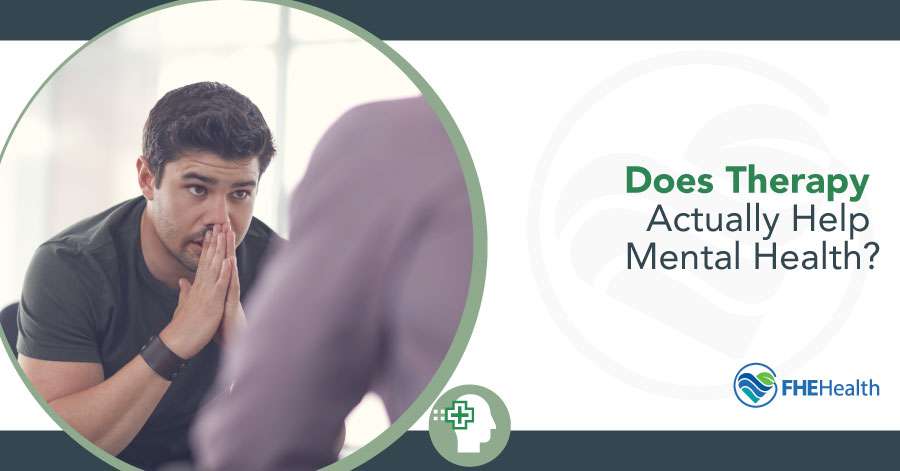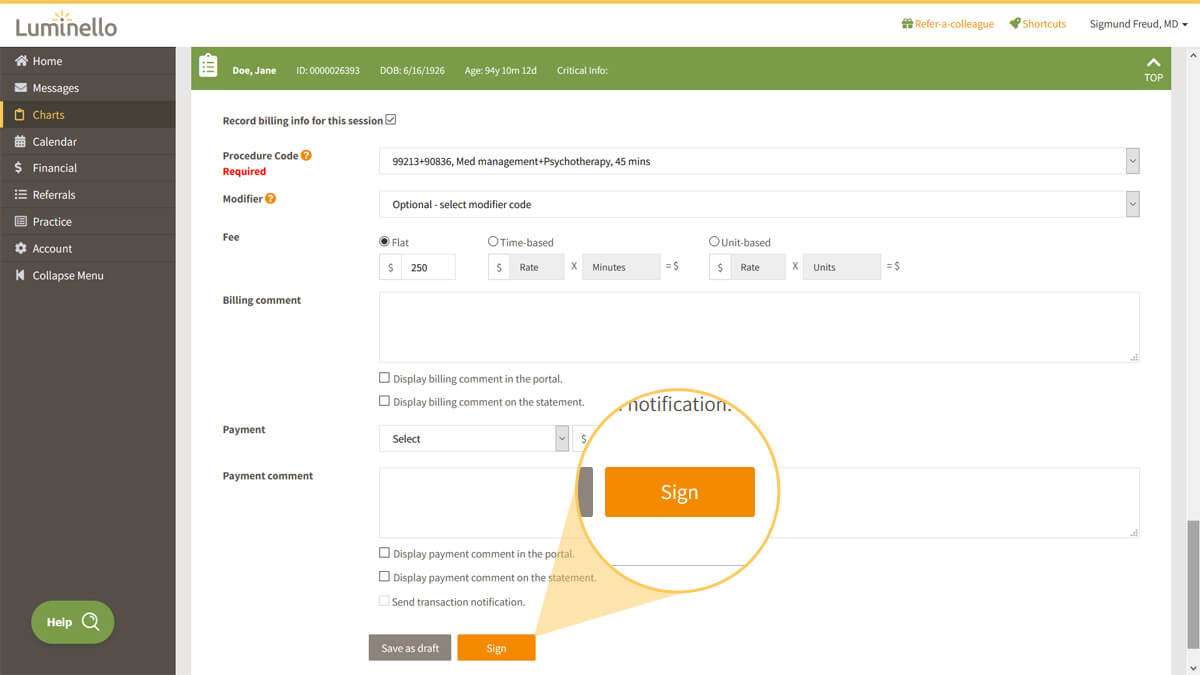According to the Health and Safety Executive (HSE), in 2017/18, 595,000 people in the UK reported work-related stress at a level they believed was making them ill. That’s 40% of all work-related illness.
Psychological problems, including stress, anxiety and depression, are behind one in five visits to a GP.
Some pressure at work can be motivating, but when it becomes excessive it can eventually lead to work-related stress.
Stress is “the adverse reaction people have to excessive pressures and demands placed on them”, according to the HSE.
Stress symptoms include a pounding heart or palpitations, a dry mouth, headaches, odd aches and pains and loss of appetite for food and sex.
What causes work stress?
The main reasons given for work stress include work pressure, lack of support from managers and work-related violence and bullying.
Stress management advice
The way you deal with stress can lead to unhealthy behaviours, such as smoking and drinking too much, which might increase your risk of heart disease.
How to manage work stress
Good stress management in the workplace is critical to your overall health.
Life coach Suzy Greaves says one of the key skills to managing workplace stress is knowing how to say no.
“I’m constantly challenging clients who say they have no choice but to overwork,” she says. “I coach people to become empowered and believe they have a choice.”
She explains that saying yes can win you brownie points in the short term, but if you take on too much and fail to deliver, it can be a disastrous long-term strategy.
“Have confidence in your ‘no’ when you think it’s the right decision, even though it may not be the most popular one,” she says. “In the long term, your ability to say no will be one of your most valuable attributes.”
Learn to speak out
Health and Safety Executive
Greaves says you can prevent exhaustion by knowing how much work you can take on. By taking on too much, you could end up doing nothing well.
Calculate how long you’ll need to deal with your current workload so that you can see if you have any extra capacity.
“If you’re extremely busy and your boss asks you to do more, you can say no. Outline your reasons in a specific, measurable way, but always offer a solution.”
Spot the signs of work stress
Learn to recognise the physical effects of stress and do something about it before it makes you really ill. Beware of work stress spilling over into other areas of your life.
Whatever the source of your stress, speak to your manager or someone in your organisation that you feel comfortable talking to. Or get outside help.
Employers have a duty to ensure the health, safety and welfare of their employees. This comes under the Health and Safety at Work Act 1974. They’re also required to conduct risk assessments for work-related stress.
If the problem is not work-related, they may be able to support you in some way or help to take some pressure off you at work while you resolve the stress in your personal life.
Who else can help with work stress?
The HSE supports anyone who is responsible for tackling work-related stress in an organisation.
That might be the person who has responsibility for human resources, a health and safety officer, trade union representatives or line managers.
The HSE believes good management practices can help reduce work-related stress. It offers a management standards approach to help employers take sensible and practical steps to minimise stress in the workplace.
Your GP can also help. Doctors aren’t experts in employment law, but they can help you analyse the situation and refer you to more specialised help if necessary.
The British Heart Foundation has more tips for staying healthy and well at work.
Healthy Working Lives provides Mentally Healthy Workplace Training.
If you’re stressed, whether by your job or something more personal, the first step to feeling better is to identify the cause.
The most unhelpful thing you can do is turn to something unhealthy to help you cope, such as smoking or drinking.
Not taking control of the situation and doing nothing can make your problems worse.
Some of the keys to good stress management are building emotional strength, being in control of your situation, having a good social network, and adopting a positive outlook.
What you can do to address stress
Try these 10 stress-busting suggestions:
Be active
Exercise won’t make your stress disappear, but it can reduce some of the emotional intensity that you’re feeling, clearing your thoughts and letting you deal with your problems more calmly.
For more advice, read about exercise for depression.
Get started with exercise
Take control
If you think you cannot do anything about your problem, your stress can get worse.
That feeling of loss of control is one of the main causes of stress and lack of wellbeing.
The act of taking control is in itself empowering, and it’s a crucial part of finding a solution that satisfies you and not someone else.
Get tips on how to manage your time
Connect with people
A good support network of colleagues, friends and family can ease your work troubles and help you see things in a different way.
The activities we do with friends can help us relax and relieve stress.
Talking things through with a friend may also help you find solutions to your problems.
Read about 5 steps to mental wellbeing, including the benefits of connecting with other people.
Have some “me time”
Many of us work long hours, meaning we often don’t spend enough time doing things we really enjoy.
It’s important to take some time for socialising, relaxation or exercise.
You could try setting aside a couple of nights a week for some quality “me time” away from work.
Challenge yourself
Setting yourself goals and challenges, whether at work or outside, such as learning a new language or a new sport, can help build confidence. This may help you deal with stress.
It can also make you want to do things and be active.
Avoid unhealthy habits
Don’t rely on alcohol, smoking and caffeine as your ways of coping.
They might provide temporary relief, but in the long term, these crutches won’t solve your problems. They’ll just create new ones.
It’s best to tackle the cause of your stress.
Help other people
Evidence shows that people who help others, through activities such as volunteering or community work, often become more resilient.
If you don’t have time to volunteer, try to do someone a favour every day. It can be something as small as helping someone cross the road or going on a coffee run for colleagues.
Find out more about giving for mental wellbeing
Work smarter, not harder
Working smarter means prioritising your work, concentrating on the tasks that’ll make a real difference.
Leave the least important tasks to last. Accept that you will not have time for everything.
Get tips on how to manage your time better
Try to be positive
Look for the positives in life, and things for which you’re grateful.
Try writing down 3 things that went well, or for which you’re grateful, at the end of every day.
Audio: unhelpful thinking
In this audio guide, a doctor helps you to replace negative thoughts with more positive thinking.
Accept the things you can’t change
Changing a difficult situation isn’t always possible. Try to concentrate on the things you do have control over.
For example, if your company is making redundancies, you could focus on the things that you can control, such as looking for a new job.
Audio: sleep problems
In this audio guide, a doctor explains what you can do to give yourself the best chance of a good night’s sleep.
What is stress?
Stress is the feeling of being under too much mental or emotional pressure.
Pressure turns into stress when you feel unable to cope. People have different ways of reacting to stress, so a situation that feels stressful to one person may be motivating to someone else.
Many of life’s demands can cause stress, particularly work, relationships and money problems. And, when you feel stressed, it can get in the way of sorting out these demands, or can even affect everything you do.
Stress can affect how you feel, think, behave and how your body works. In fact, common signs of stress include sleeping problems, sweating, loss of appetite and difficulty concentrating.
You may feel anxious, irritable or low in self esteem, and you may have racing thoughts, worry constantly or go over things in your head. You may notice that you lose your temper more easily, drink more or act unreasonably.
You may also experience headaches, muscle tension or pain, or dizziness.
Stress causes a surge of hormones in your body. These stress hormones are released to enable you to deal with pressures or threats – the so-called “fight or flight” response.
Once the pressure or threat has passed, your stress hormone levels will usually return to normal. However, if you’re constantly under stress, these hormones will remain in your body, leading to the symptoms of stress.
Managing stress in daily life
Stress is not an illness itself, but it can cause serious illness if it isn’t addressed. It’s important to recognise the symptoms of stress early. Recognising the signs and symptoms of stress will help you figure out ways of coping and save you from adopting unhealthy coping methods, such as drinking or smoking.
There is little you can do to prevent stress, but there are many things you can do to manage stress more effectively, such as learning how to relax, taking regular exercise and adopting good time-management techniques.
Studies have found that mindfulness courses, where participants are taught simple meditations across a series of weeks, can also help to reduce stress and improve mood.
When to see your GP about your stress levels
If you’ve tried self-help techniques and they aren’t working, you should go to see your GP. They may suggest other coping techniques for you to try or recommend some form of counselling or cognitive behavioural therapy.
If your stress is causing serious health problems, such as high blood pressure, you may need to take medication or further tests.
Mental health issues, including stress, anxiety and depression, are the reason for one-in-five visits to a GP.
Recognising your stress triggers
If you’re not sure what’s causing your stress, keep a diary and make a note of stressful episodes for two-to-four weeks. Then review it to spot the triggers.
Things you might want to write down include:
- the date, time and place of a stressful episode
- what you were doing
- who you were with
- how you felt emotionally
- what you were thinking
- what you started doing
- how you felt physically
- a stress rating (0-10 where 10 is the most stressed you could ever feel)
You can use the diary to:
- work out what triggers your stress
- work out how you operate under pressure
- develop better coping mechanisms
Doctors sometimes recommend keeping a stress diary to help them diagnose stress.
Take action to tackle stress
There’s no quick-fix cure for stress, and no single method will work for everyone. However, there are simple things you can do to change the common life problems that can cause stress or make stress a problem. These include relaxation techniques, exercise and talking the issues through.
Breathing and relaxation exercises
Many people find exercises that focus on breathing and muscle relaxation to be helpful in relieving stress. The playlist below will help you to understand how stress works and start feeling better. These exercises can be done anywhere and are designed to help you feel more relaxed in general, as well as helping you feel calmer if you are becoming stressed.
This playlist is free to download, and you can also stream it using the Soundcloud website or app. You can download and listen to individual tracks if there are particular exercises that work best for you. If you’re listening to it for the first time, it’s best to start from the beginning.




